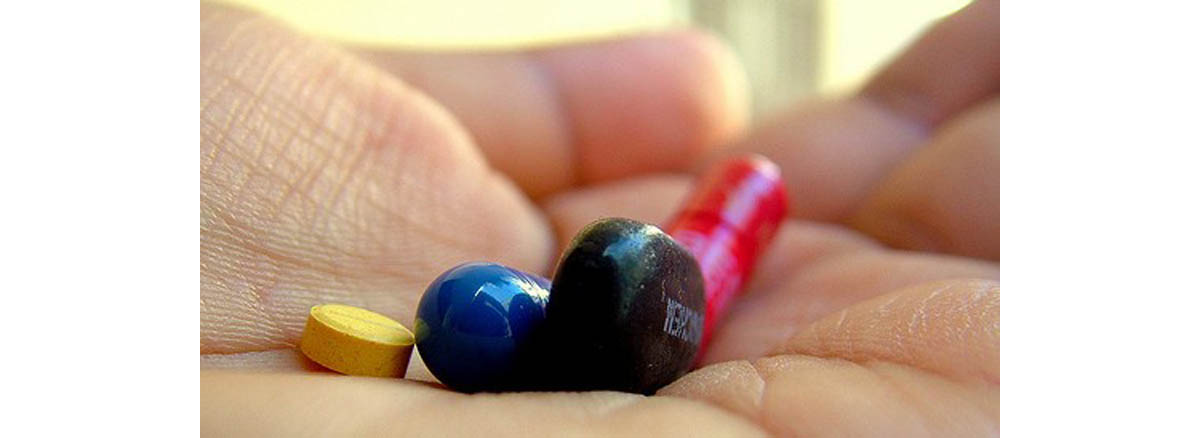Table of Contents
Chronic or systemic candida infections are a bit trickier to identify and deal with. You may, at best, end up with a recurring infection in one of the styles we just discussed. If the levels of Candida in your body have built to high levels, simple over the counter remedies and treatments may temporarily alleviate your symptoms but you'll find that they come back over and over again – perhaps a little worse and more difficult to treat each time. Recurring infections are a sign you may need to seek treatment for a systemic infection.

Problems arise when you have such a distinct overgrowth you end up experiencing symptoms that mimic other conditions. For example, I've seen several people who appear to have frequent urinary tract infections, irritable bowel syndrome, chronic fatigue syndrome, and even high levels of anxiety or depression.
At first glance, an uneducated doctor would see the symptoms of a urinary tract infection and prescribe a round of antibiotics. The problem, in this case, is that the UTI is not the actual problem, but a symptom. The antibiotic temporarily alleviates the symptoms, but it actually exacerbates the Candida overgrowth within the body, causing more symptoms (and probably another UTI). Once the chain of incorrect treatments has started, it's often difficult to break. Over time, you end up with a list of seemingly obvious symptoms but traditional treatments just don't seem to work.
Some additional symptoms (and this is not a complete list, by any means), include:
- Carbohydrate cravings and the appearance of food allergies,
- General feelings of weakness, malaise, and fatigue,
- Heart-related complications such as arrhythmias, heartburn, and palpitations,
- Difficulty concentrating, confusion, and mood swings,
- Abdominal discomfort, gas, and stomach complaints,
- Diarrhea, constipation, and bacterial infections of the gut,
- Kidney and bladder infections, especially those that keep recurring,
- Persistent vaginal issues such as vaginitis, vaginal thrush, and itching or irritation, and
- Skin irritations such as jock itch, psoriasis, seborrhoea, and contact dermatitis.
As you can see, most of these symptoms can be related back to stand-alone conditions. The reality is that when they keep occurring and your state of health seems to continue declining, they should be looked at as just that – symptoms. Once you change your mindset and start thinking outside the traditional diagnosis box, you'll see the necessity of being tested for, and treating, your Candida overgrowth.
- Photo courtesy of dhammza on Flickr: www.flickr.com/photos/dhammza/6790590409


Your thoughts on this